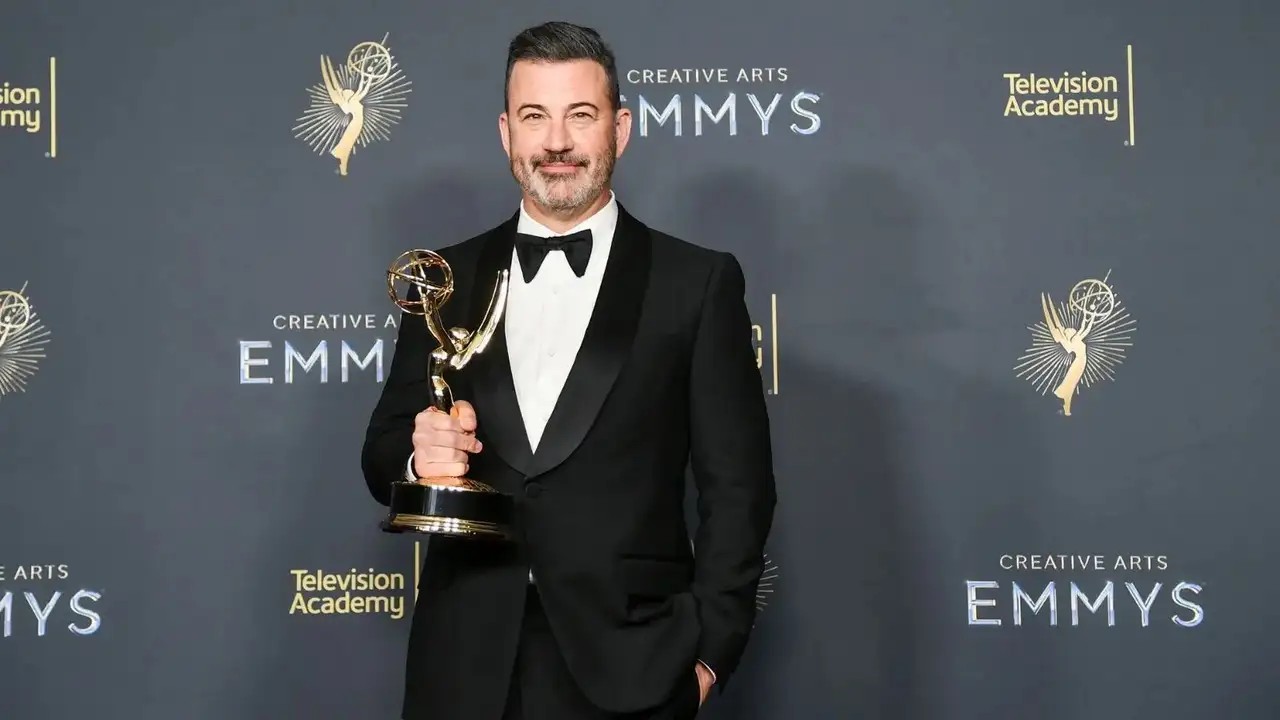By Soumyabrata Gupta
Copyright timesnownews

ABC, on September 17, announced the suspension of Jimmy Kimmel Live! from its regular slot, after the host (Jimmy Kimmel) made remarks during his monologue on the killing of conservative activist Charlie Kirk. Kimmel, during his speech, accused ‘many in MAGA land’ of trying to capitalise on the murder of Charlie Kirk, suggesting that a particular political party in the US were engaging in political games in the aftermath of Kirk’s death. Soon after, major ABC affiliates, particularly Nexstar Media group publicly refused to air the show, calling Kimmel’s remarks ‘offensive and insensitive’. ABC’s decision to pull Jimmy Kimmel Live! off air, came moments after Nexstar’s announcement. But what does Kimmel’s suspension mean for late night television? Why does Jimmy Kimmel’s suspension matter? Key implications for late-night TV Late-night television in the US. has always been more than just comedy and celebrity chatter — it has acted as a mirror of America’s shifting social and political moods. Subsequently one of the most immediate issues that rises is the tension between creative or political commentary and regulatory oversight. If regulators can pressure networks or threaten consequences for hosts’ speech, this raises questions on speech in entertainment on the whole. Late-night programmes, in the US, have always walked a line where it has been a balance between comedy plus political commentary. However, the latest episode suggests that boundaries may soon be more sharply drawn. Affiliate power and the vulnerability of networks Nexstar, Sinclair and other similar broadcasters control many local stations and if these affiliates choose not to air a show, its national reach can be hampered. Jimmy Kimmel’s removal hints at late-night shows being not only accountable to network executives, but also to local station owners and, indirectly, to political and public pressures. Also Read: Jimmy Kimmel Fired: WGA, SAG-AFTRA Defend Host’s ‘Freedom Of Speech’ Amid Controversy, Condemn Suspension Precedent for suspension / cancellation tied to political content It is in this context one has to perhaps revisit Stephen Colbert’s show, The Late Show, which is already set to end in May 2026. While the official reason is financial, many speculate that the political content and polarised context the show is known for has made the network more sensitive to backlash. Jimmy Kimmel’s suspension has perhaps set a new precedent where hosts pushing political commentary under the garb of comedy may see their shows at risk of being pulled off air. Late night shows and changing landscape Late-night television has always be a space for satire, commentary and criticism – especially of political figures in context of current events. But the advent of streaming and social media clips means that perhaps its traditional audience has also fragmented. This must have had an impact on revenue models and its room for robust political critique may have shrunk under pressure from both political and commercial corners. This could make networks and hosts revisit what they are allowed to say on television. In all honesty, this could dull one of late night TV’s most compelling features – its ability to push boundaries. And if that quality diminishes, the genre itself may lose its cultural resonance. What could Kimmel’s suspension lead to in the broader context? Kimmel’s suspension could very well be the first step towards monitored television content which could see Jimmy Kimmel Live! returning with tighter oversight over monologues and a shift away from inflammatory political commentary. It could also mean other late-night hosts may moderate their own commentary and avoid potential flashpoints. For television, this could especially be detrimental in a more decentralised world of content availability with the audience shifting to platforms with fewer constraints (YouTube, podcasts, streaming). What, however, is most important is how this moment feels different. The speed and scale of response with affiliate stations immediately saying they will drop the show is unprecedented. There is an indefinite suspension rather than a temporary ‘apology and move on.’ The suspension of Jimmy Kimmel Live! is perhaps not just a show going off air, it raises questions about freedom of expression and broadcast regulation. Late-night TV has always been a barometer of public sentiment and a podium for critique, satire and reflection. This historic decision could fundamentally change the genre’s shape.



